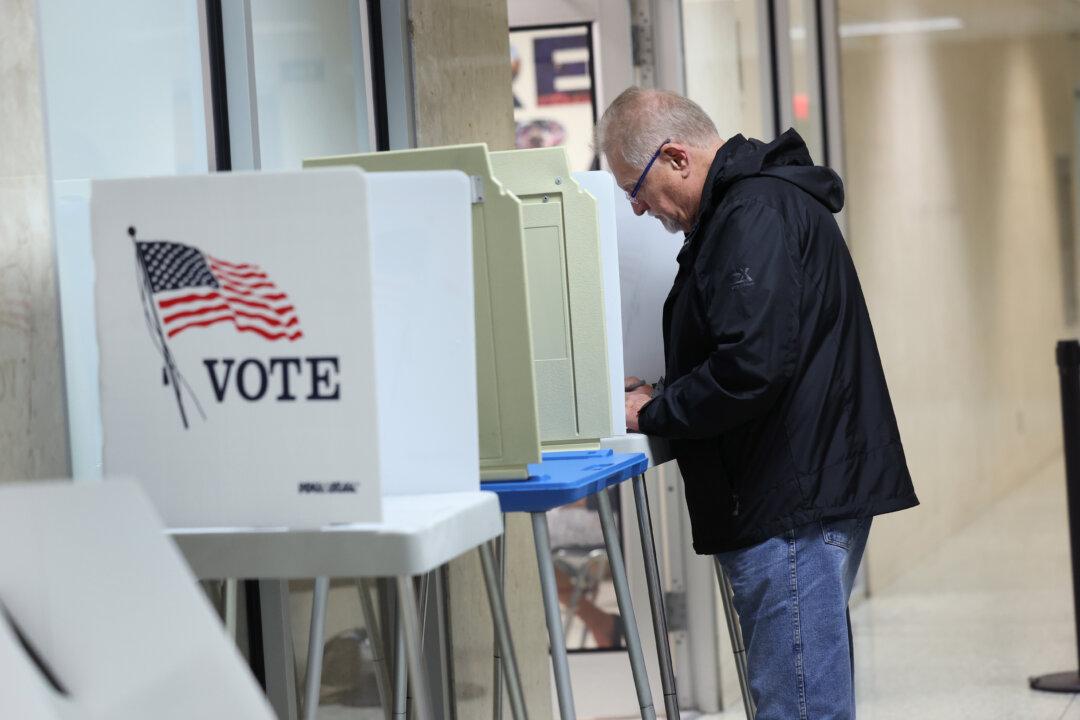Wisconsin state Rep. Janel Brandtjen was shocked to find three military ballots in her home mailbox on Oct. 27, 2022.
The ballots were addressed to “Holly” with three different last names. None of these individuals have ever lived at her address. Ms. Brandtjen had not requested the ballots and after checking into it further, she realized these three “Hollys” probably don’t exist.





